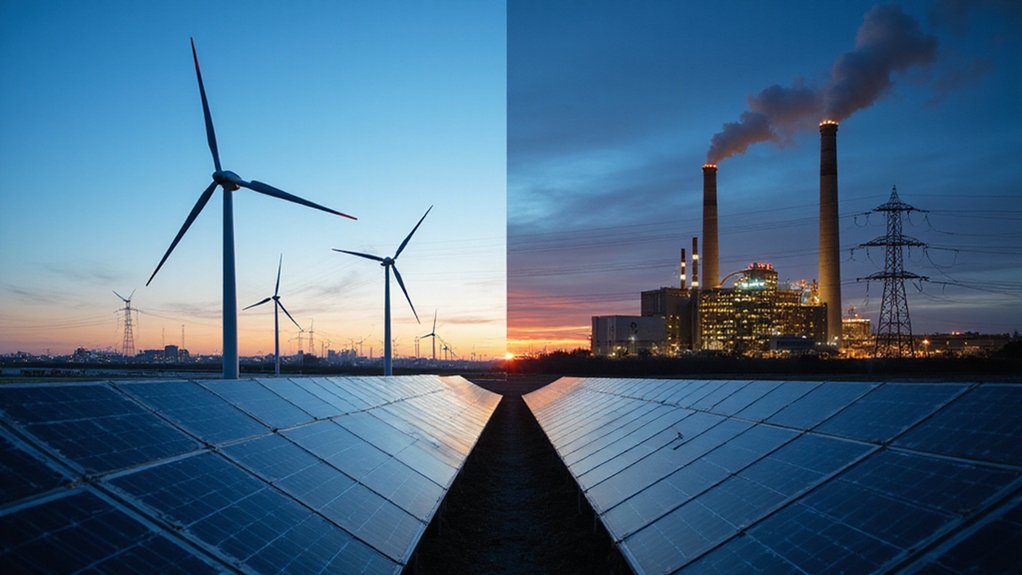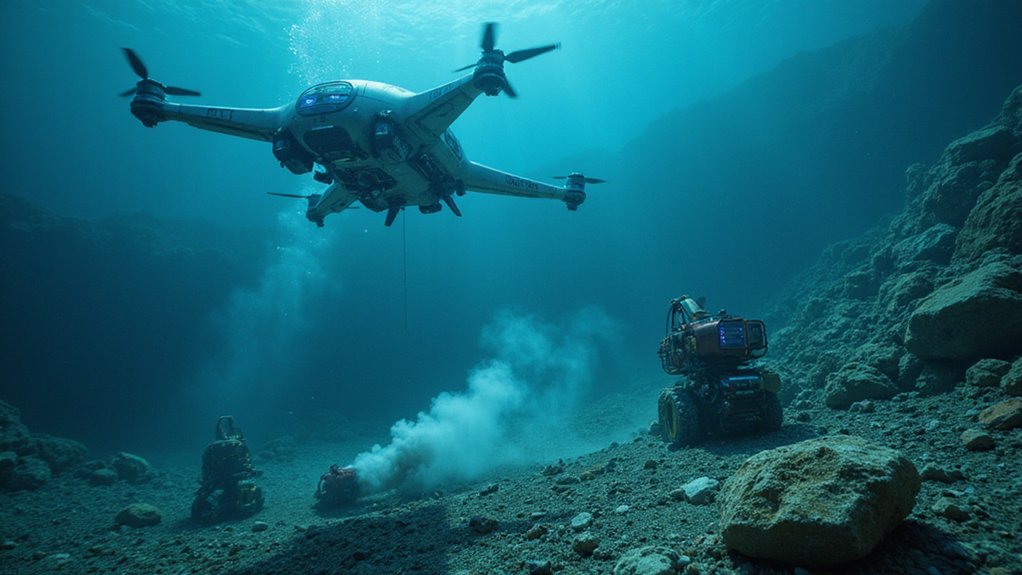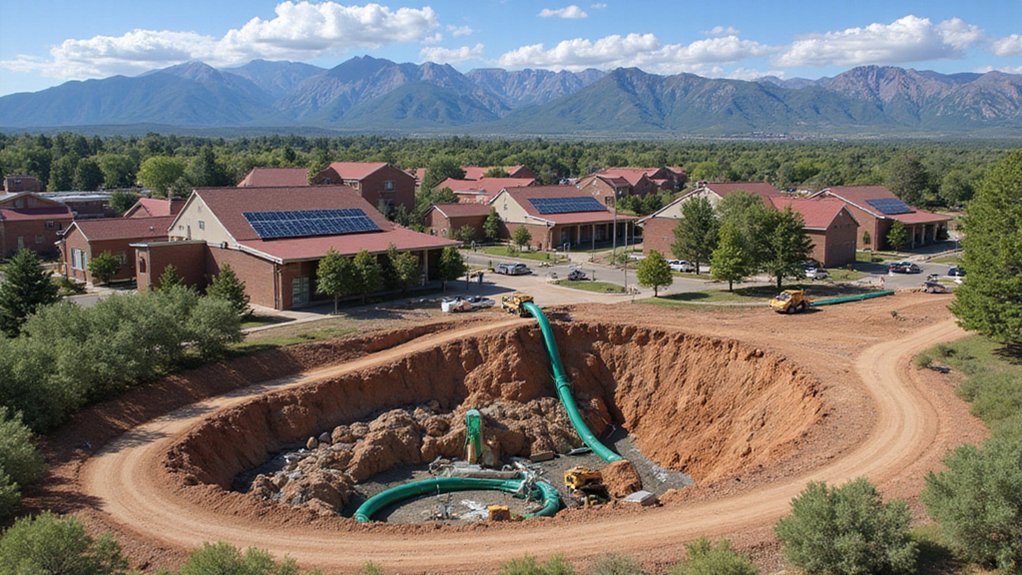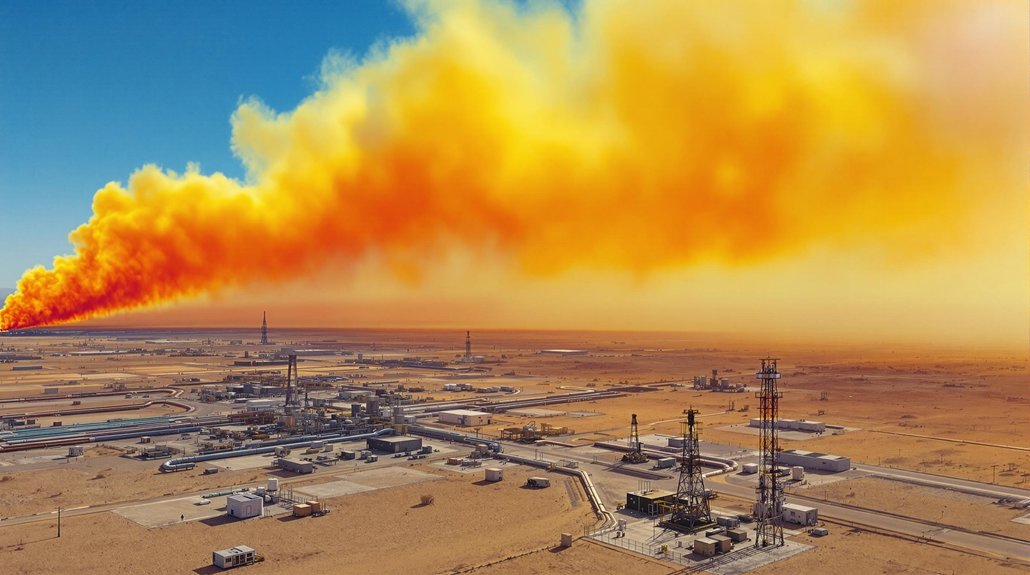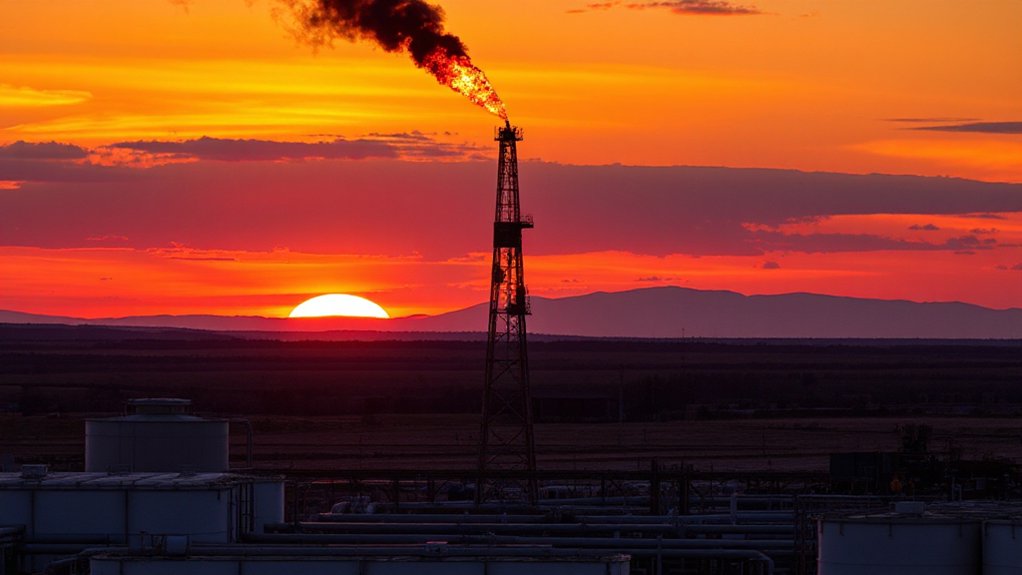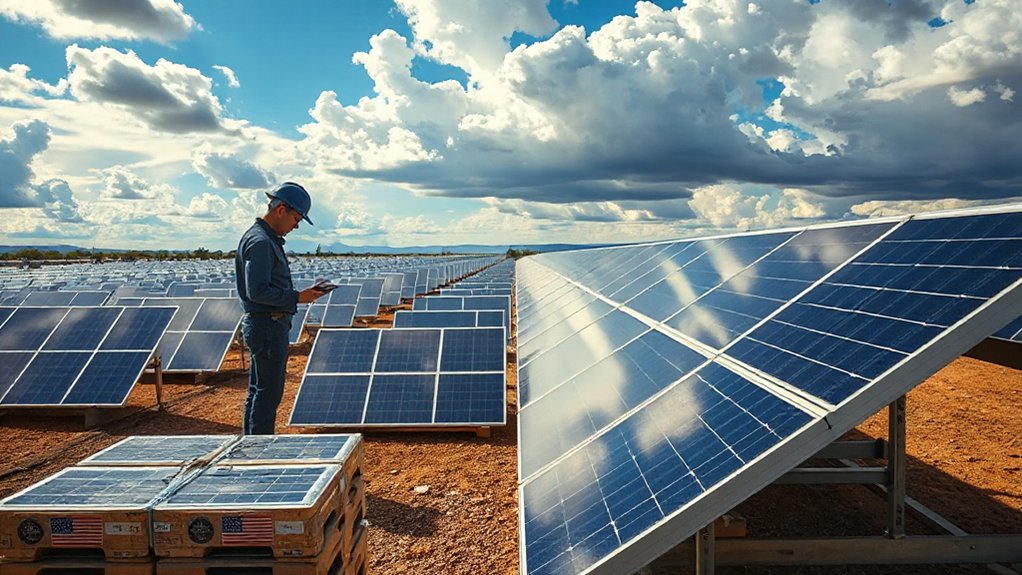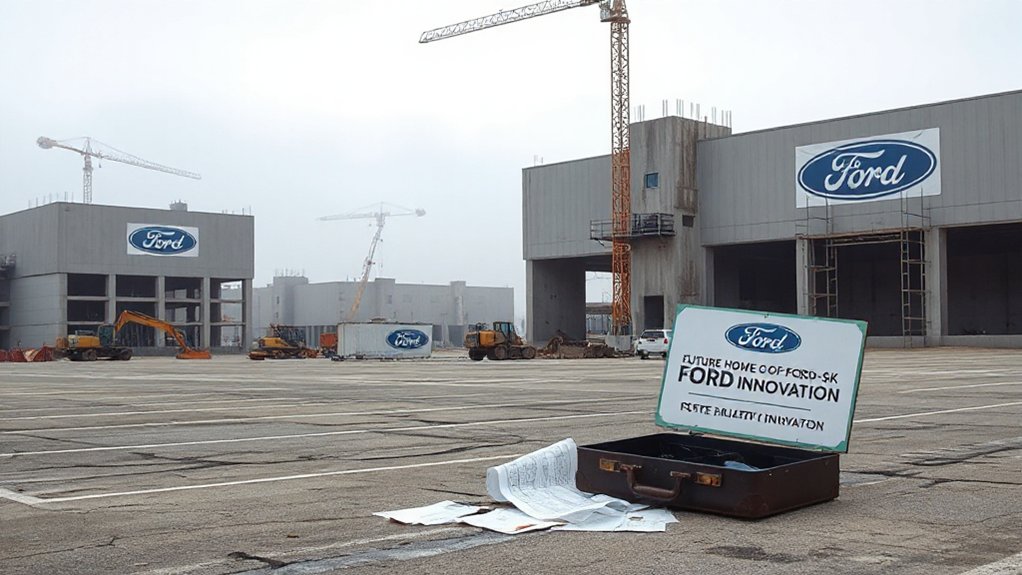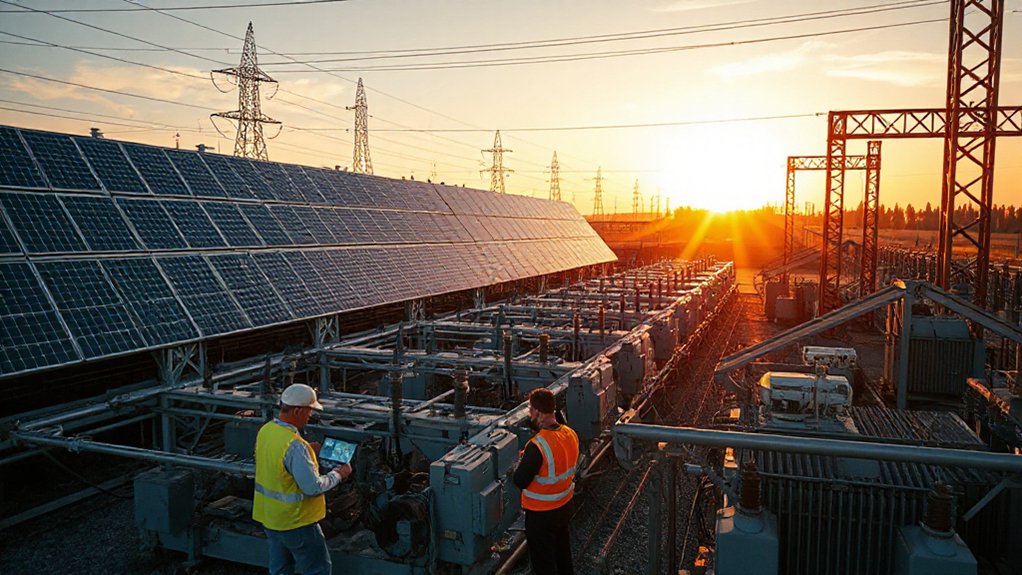The Green Energy Paradox hits environmentalists where it hurts. Renewable energy sources need fossil fuel backups when the sun hides or wind stops. Talk about shooting yourself in the foot! Wind turbines and solar panels also require mining that wreaks environmental havoc. Meanwhile, efficiency improvements often backfire—people just use more energy. It’s a climate policy nightmare. Clean energy isn’t so clean after all. The uncomfortable truth awaits beneath those shiny solar panels.
Why are our climate policies sometimes making things worse? Turns out, trying to save the planet might actually be hurting it—at least in the short term. This mind-bending concept, dubbed the “Green Paradox” by economist Hans-Werner Sinn, shows how well-intentioned environmental policies can backfire spectacularly.
Here’s the deal: when governments announce future restrictions on fossil fuels, producers don’t just shrug and accept their fate. They panic. They dig faster. They pump harder. They extract everything they can before the hammer drops. Great. Now we’ve got more carbon in the atmosphere “practically forever,” as a quarter of these emissions won’t go away anytime soon.
Economics 101 explains why this happens. Future policies depress tomorrow’s fossil fuel prices more than today’s. Resource owners aren’t stupid—they see the writing on the wall and treat these policies like a countdown clock. Tick-tock, extract more oil. Tick-tock, mine more coal. It’s like telling a kid they can only have three more cookies, then watching them stuff seven in their mouth before you finish your sentence.
And renewables? Not exactly innocent bystanders. Solar panels need zinc, which pumps out 3 tonnes of CO₂ per tonne extracted. Wind turbines require rare metals. Dams wreck river ecosystems. Mining for these materials contaminates water and destroys habitats. Zero emissions? Yeah, right. While renewable resources theoretically won’t run out like fossil fuels, their environmental benefits are often undermined by significant habitat disruption during installation and operation.
Then there’s the rebound effect. People get efficient appliances and think, “Great! Now I can leave them on longer!” The Jevons Paradox in action—efficiency increases usage, not decreases it. Put solar panels on your roof? Suddenly every light in the house stays on all night. This phenomenon highlights the need for holistic approaches to climate change mitigation that address both supply and demand sides. Despite renewable energy being cleaner than fossil fuels, their production still causes habitat destruction that threatens biodiversity.
The final nail in the coffin? Intermittent renewables need backup power systems. And what provides that power when the sun sets or wind dies? Good old fossil fuels. Natural gas. Diesel generators. The very things we’re trying to eliminate.
The dirty secret of clean energy: when Mother Nature takes a break, fossil fuels clock in for the night shift.
Ironic, isn’t it? We’re trying to go green while setting ourselves up to burn even more carbon. Some paradox.
References
- https://quickonomics.com/terms/green-paradox/
- https://www.theteenmagazine.com/the-green-energy-paradox-are-renewable-solutions-truly-sustainable
- https://en.wikipedia.org/wiki/The_Green_Paradox
- https://www.versobooks.com/blogs/news/the-renewable-energy-paradox
- https://www.solar.com/learn/the-efficiency-paradox/
